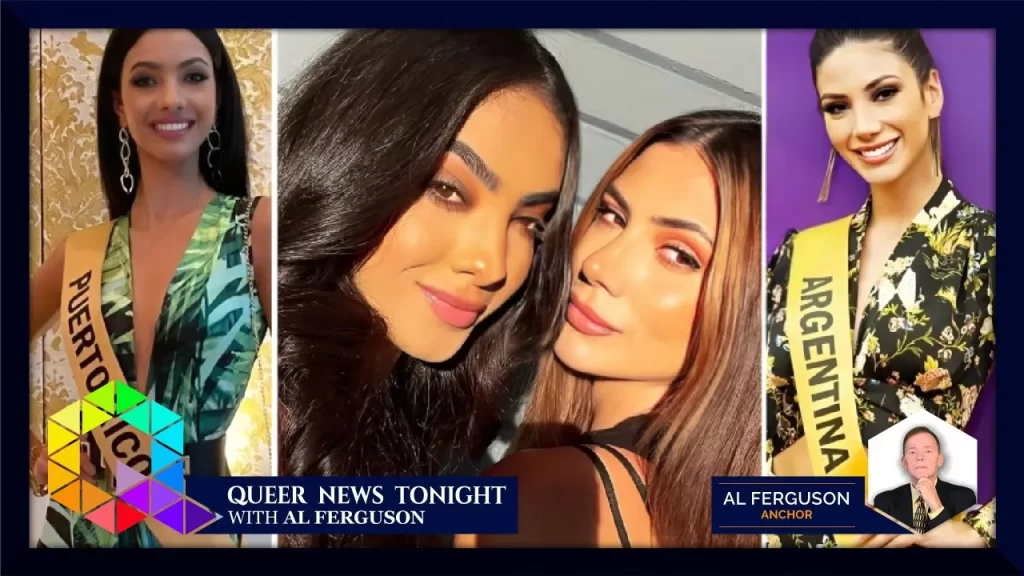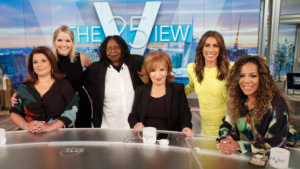Valentine's Day is a day to celebrate love, and this year, Miss Argentina and Miss Puerto Rico are taking the occasion to the next level by joining forces in a new Fenty perfume campaign. Mariana Varela and Fabiola Valentín, who are both former beauty queens, are sharing their love story in the new campaign, which has been generating buzz on social media.
The two women made headlines last year when they revealed that they had married each other in an Instagram post from Valentín. The Fenty perfume ad features the couple sharing how they met at a pageant in Thailand and fell in love, even though they were competing against each other at the time.
The campaign is not only a celebration of love but also a representation of inclusivity and diversity in the beauty industry. By featuring a same-sex couple in its advertisement, Fenty is promoting acceptance and equality.
It's not the first time that Fenty has championed inclusivity in its campaigns. The brand has been praised for its diverse range of foundation shades, which cater to a wide range of skin tones. This commitment to diversity has made Fenty a popular choice for consumers who want to support brands that align with their values.
The campaign featuring Varela and Valentín is a reflection of the growing trend of brands embracing inclusivity and diversity. With consumers increasingly demanding representation and inclusivity, brands that fail to meet these expectations risk being left behind.
The Fenty campaign is also a reflection of the progress that has been made in recent years in terms of LGBTQ+ rights and representation. While there is still work to be done to achieve full equality, the fact that a major beauty brand like Fenty is featuring a same-sex couple in its advertisement is a step in the right direction.
In conclusion, the Fenty perfume campaign featuring Mariana Varela and Fabiola Valentín is not just a celebration of love, but also a representation of inclusivity and diversity. By featuring a same-sex couple in its advertisement, Fenty is promoting acceptance and equality, and this is a trend that is likely to continue as consumers demand more representation and inclusivity from the brands they support.


















